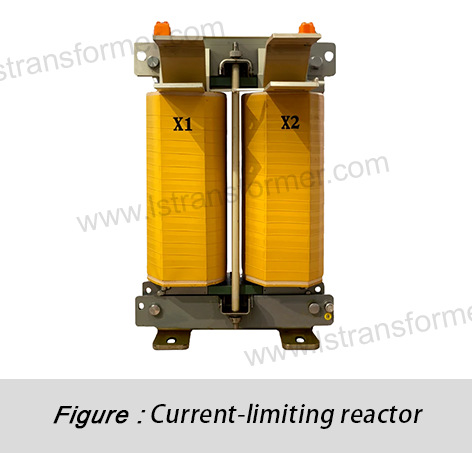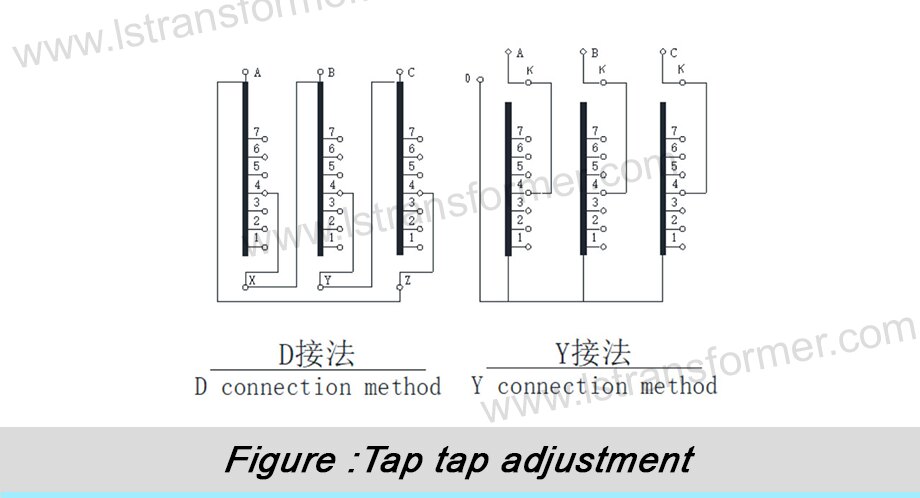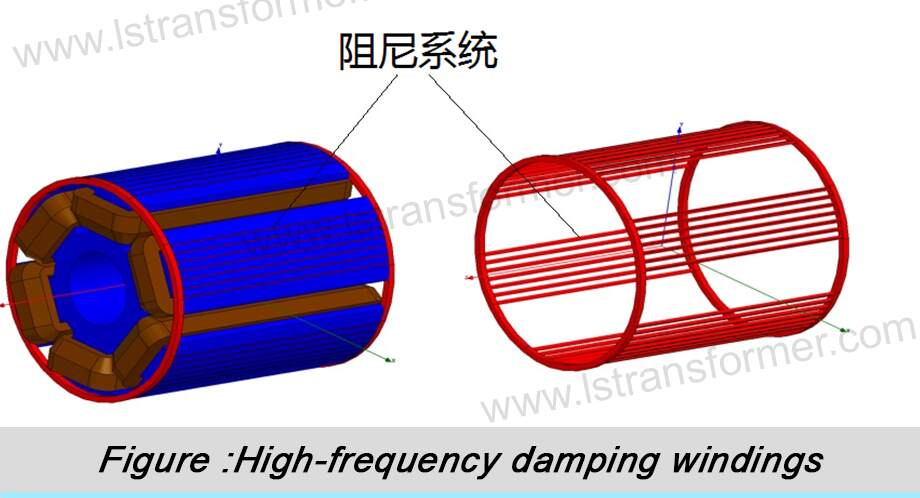What Are Current Limiting Reactors? —The Secret Weapon for Power System Short Circuit Protection
What Are Current Limiting Reactors?
—The Secret Weapon for Power System Short Circuit Protection
According to the International Council on Large Electric Systems (CIGRE), short circuits are among the deadliest threats to power systems. Current limiting reactors suppress 60%-80% of fault currents, preventing over $8 billion in global equipment losses annually. This article, based on IEC 60076-6 and IEEE C57.16 standards, decodes the core principles and engineering practices of these reactors, revealing their role as the "invisible guardians" of grid safety.
Content
1. The Destructive Power of Short Circuits & the Role of Current Limiting Reactors
● The "Avalanche Effect" of Short Circuit Currents
During a short circuit, current surges to 20-50 times normal levels within milliseconds, causing three types of damage:
(1)Thermal Effects: Joule heating ( ) raises conductor temperatures above 1000°C, melting equipment (perIEC 60909 thermal stability standards).
) raises conductor temperatures above 1000°C, melting equipment (perIEC 60909 thermal stability standards).
(2)Electromagnetic Forces: Parallel conductors experience tearing forces (F=0.2*I1I2L/d), destroying busbars.
(3)Voltage Collapse: System voltage drops below 30%, tripping sensitive devices (IEEE 1159 standard limits to 85%).
Case Study: A 2019 short circuit on Queensland’s 22kV grid (Australia) caused $230 million in losses.
● How Current Limiting Reactors Work
These reactors increase system impedance to restrict fault currents within switchgear tolerance:
Key Parameters:
(1)Reactance Rate (6%-12%): Determines current-limiting capacity (IEC 60076-6 allows ±3% error).
(2)Thermal Stability Time (1-3 sec): Ensures circuit breakers operate reliably.
2. Three Technological Innovations in Current Limiting Reactors
● Dry-Type Air-Core Design: Revolutionizing Saturation Resistance & Cooling
Technology:
(1)Epoxy Resin Casting: Air-core structure avoids magnetic saturation, maintaining stable inductance during faults.
(2)Vertical Air Ducts: Natural convection via 30mm-spaced honeycomb ducts improves cooling by 40% vs. oil-immersed reactors.
Performance Comparison:
Parameter | Oil-Immersed Reactor | Dry-Type Air-Core Reactor |
Fault Tolerance | 15kA/1s | 50kA/3s |
Maintenance Cost | High (oil changes) | Zero maintenance |
Footprint | 1.0 (baseline) | 0.6 |
Case Study: Tennet (Germany) reduced fault currents from 48kA to 18kA using dry-type reactors, extending breaker lifespan by 12 years.
● Tap-Changer Adjustment: Dynamic Grid Adaptation
Adjusting winding turns changes reactance to match load fluctuations:

Features:
(1)±10% reactance adjustment via 8 taps (±1.25% per step).
(2)Remote electric operation (<30 sec response time, per IEC 60255-151).
Case Study:PJM Grid (USA) saved $1.5M annually by adjusting reactance seasonally (12% in winter, 8% in summer).
● High-Frequency Damping Windings: Suppressing Overvoltages
Technology:Copper Short-Circuit Rings: Absorb transient energy via eddy currents.

Optimized Design:
(1)Ring cross-section ≥50mm², resistance ≤0.1Ω.
(2)Installed <5mm from windings for strong coupling.
Results:
(1)Overvoltage suppression from 40kV to 15kV (below IEEE C62.22’s 25kV limit).
(2)Partial discharge reduced from 300pC to 90pC (IEC 60270 requires <100pC).
Case Study: São Paulo (Brazil) cut transformer failures by 73%.
3. Global Engineering Case Studies & Benefits
Project Location | Technology | Results | Cost Savings |
Zhangbei HVDC (China) | Dry-type+tap-changer | 50kA→18kA | $3.2M/year |
Amprion Grid (Germany) | Damping windings | Overvoltage ↓65% | Insulation costs ↓40% |
Indian National Grid | 12% oil-immersed reactor | 35kA→12kA | Downtime ↓78% |
In Summary
Current limiting reactors are the "first line of defense" against short circuits:Dry-type designs withstand 50kA/3s faults.Tap-changers enable ±10% dynamic adjustment.Damping windings suppress overvoltages to 15kV.Global deployments extend equipment life beyond 20 years, cut industrial downtime costs by 23%, and reduce renewable energy equipment failures by 48%. As smart grids evolve, these reactors will integrate with digital twins and real-time monitoring to build build resilient power systems.
Contact us
LuShan, est.1975, is a Chinese professional manufacturer specializing in power transformers and reactors for50+ years. Leading products are single-phase transformer, three-phase isolation transformers,electrical transformer,distribution transformer, step down and step up transformer, low voltage transformer, high voltage transformer, control transformer, toroidal transformer, R-core transformer;DC inductors, AC reactors, filtering reactor, line and load reactor, chokes, filtering reactor, and intermediate,high-frequency products.
Our power transformers and reactors are widely used in 10 application areas: rapid transit, construction machinery, renewable energy, intelligent manufacturing, medical equipment, coal mine explosion prevention , excitation system, vacuum sintering(furnace), central air conditioning.
Know more about power transformer and reactor :www.lstransformer.com.
If you would like to obtain customized solutions for transformers or reactors, please contact us.
WhatsApp:+86 17267488565
Email:sales@hnlsdz.com

 EN
EN
 FR
FR DE
DE ES
ES



